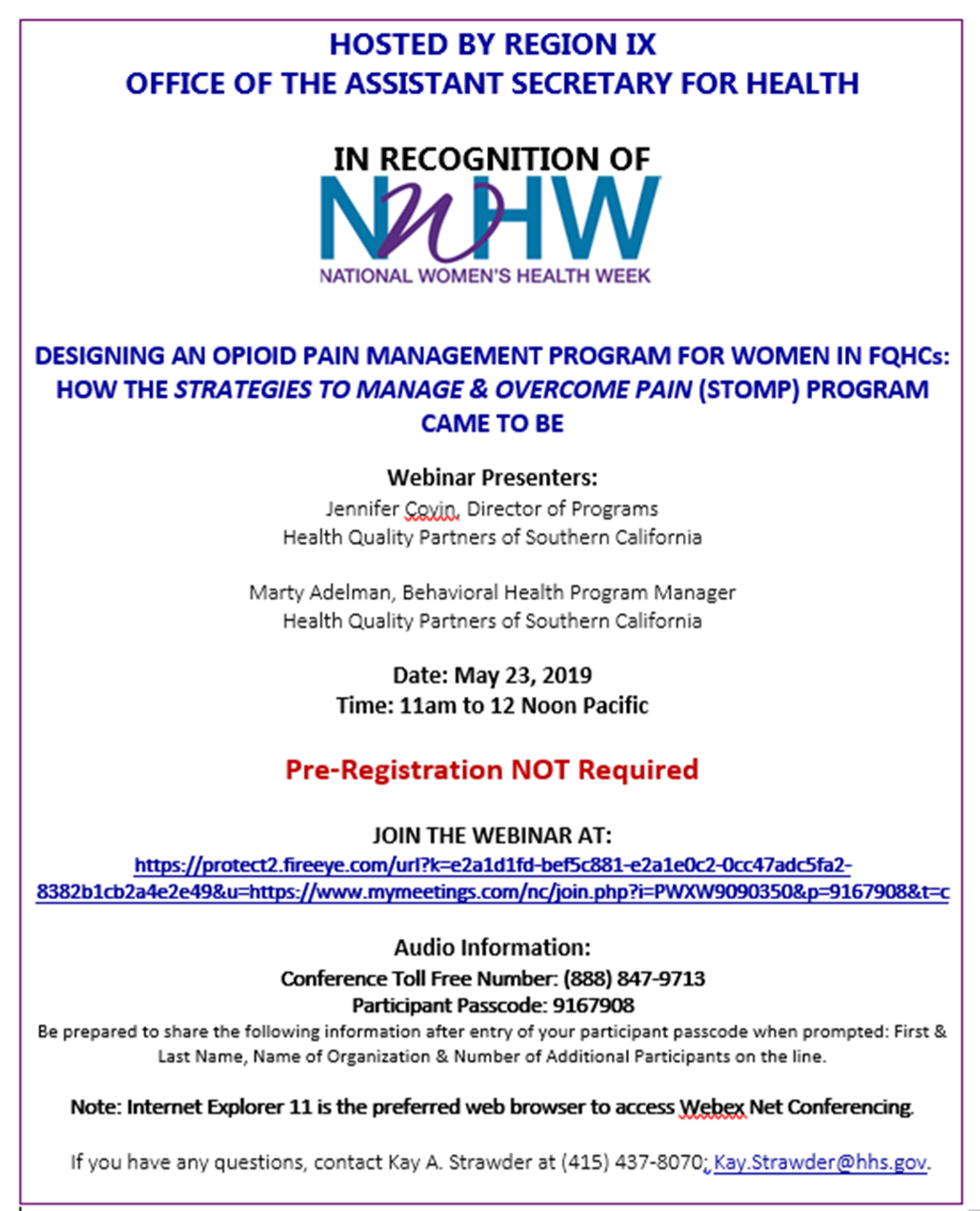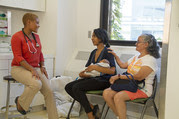

Register Now!
The NATIONAL HUMAN TRAFFICKING TRAINING AND TECHNICAL ASSISTANCE CENTER in partnership with the Office on Trafficking in Persons and the National Human Trafficking Training and Technical Assistance Center, Region 10 Administration for Children and Families is pleased to offer a free interactive training for health care and human service professionals to identify and respond to human trafficking.
Who should attend?
- Health Care Providers
- Public Health Professionals
- Social Workers
- Behavioral Health Professionals
What will I learn? After this training, you will be able to:
- Describe historic factors that contribute to the trafficking (both labor and sex trafficking) of indigenous populations
- Describe trafficking in Native communities
- Identify indicators of trafficking in Native communities
- Describe trafficking resources relevant to Native populations
- Describe methods for honoring cultural practices while providing support to individuals who experienced trafficking
- Explain ways to strengthen cross-jurisdictional collaborations to build comprehensive responses to trafficking in Native communities
|

Continuing Education Credits Available
KEY FEATURES
• Created for health care providers, by health care providers, to cover a critically
important topic in health care education
• Available to the public free of charge
• Cases focus on the impact of trauma and how health care practitioners can
provide appropriate care for diverse populations
• Proven pedagogy that standardizes experiences—overcoming geography,
seasonality, and accessibility
• Evidence-based, peer-reviewed, and continuously updated content
• A wealth of source material and full references
• Self-assessment questions at the end of the course emphasize key content and
enable learners to test their knowledge and skill
• Delivered via the Aqueduct learning management system with forward and
backward case navigation, ability to re-login and resume right where you left
off, and the ability to stay logged in for up to 3 hours.
COURSE CONTENT
Virtual patient case scenarios address a range of core competencies and critical
learning objectives. Case settings and populations are varied and diverse.
The Trauma-informed Care virtual patient cases illustrate how trauma-informed
care can improve patient-provider rapport, increase patient engagement in
preventative care, and facilitate integrated, patient-centered treatment plans.
Each Trauma-informed Care virtual patient case is estimated to take about fifteen
minutes to complete. Cases are bundled into modules (four cases per module)
and each module is estimated to take about one hour to complete.
Continuing Education Credits Jointly provided by Postgraduate Institute for
Medicine and Aquifer. CE credit is offered free of charge.
Available: April 2019-April 2022
This course has been approved for AMA PRA Category
1 Credit(s)TM.
This activity is eligible for ANCC credit.
|

The U.S. Department of Health and Human Services’ Office on Women’s Health (OWH) is excited to announce a free accredited training series for pediatric and adolescent healthcare providers. This online series offers evidence-based strategies for compassionate, targeted weight management and obesity prevention in girls. Physicians, doctors of osteopathy, dietitians, physician assistants, nurse practitioners, and nurses and will earn 1 CME/CEU credit for completing each 1-hour training module.
Part 1 of the series consists of two training modules:
- Improving Care for Adolescent Girls: The Importance of Addressing Weight Biasoffers strategies for communicating with adolescent girls who have overweight/obesity, as well as with their caregivers. It also presents ways to reduce weight bias among healthcare providers. The training module includes a 1-hour recorded webinar presented by Rebecca Puhl, Ph.D., professor of Human Development & Family Studies and Deputy Director of the Rudd Center for Food Policy & Obesity at the University of Connecticut.
Both training modules include a Healthcare Provider Resource Toolkit.
|
|
|








No hay comentarios:
Publicar un comentario